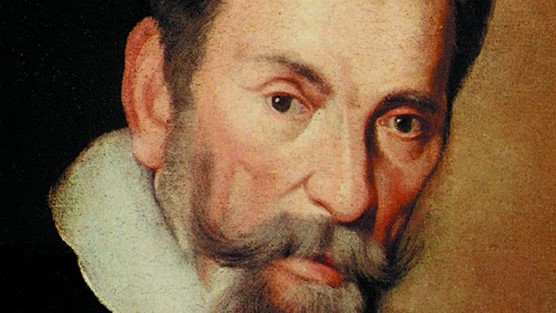BREMF/NEMA Conference 2018
Vocal Sound and Style 1450-1650
20-21 October 2018, Brighton
For conference locations, including addresses and maps, see CONTACT page
Description
This international conference will be run jointly by the National Early Music Association and the Brighton Early Music Festival. It will be the first in a series, each timed around two years apart. The 2nd and 3rd (possibly with different co-sponsors) are likely to be "Vocal Sound and Style 1650-1830" and "Vocal Sound and Style 1830-1920". All would share common objectives, which are: (1) to generate fresh research on each period, (2) to stimulate innovative approaches to informed performance practice based on the research, and (3) to encourage the same training for both professional and amateur vocalists as that given to players of period instruments.
The first of these conferences will focus within the early modern period from roughly 1450-1650 which saw the performance of polyphony in both secular and sacred contexts, the increasing demands made of singers in the expression of text, the rise of solo song, recitative and opera, and the consequent development of new vocal techniques and ornamentation. This period covers some of the most exciting developments to have taken place in the history of vocal music, with the emergence of the first great vocal celebrities, both men and women, and some of the first treatises and accounts that deal specifically with vocal style, colour and technique.
The conference will be designed, not as a talk-fest for academics, but to appeal to the widest possible public, with workshops attracting solo and choral singers (both amateur and professional), students and the general musical public, as well as academics. It is expected that the conference will attract heads of institutions' vocal studies as well as private singing teachers.
It is envisaged that draft papers, vocal illustrations and information on themed sessions will be disseminated a month or so before the conference, and public discussion invited on social media.
While it is not possible yet to indicate fee levels, there will be discounts for early booking, NEMA members, and students.
Topics Covered
- Research papers on renaissance and early baroque pedagogy, e.g. sources by Conrad Von Zabern, Francinus Gaffurius, Pietro Aaron, Gerolamo Cardano, Emilio Cavalieri, Hermann Finck, Giovanni Bovicelli, Giulio Caccini, Vincenzo Giustiniani, Giovanni Maffei, Michael Praetorius, Lodovico Zacconi, Luigi Zenobi and others.
- Ornamentation technique and style, e.g. covering the trillo, messa di voce, rapid diminutions, tremolo (pitch and/or volume?), etc.
- The modern singer: singing music from many periods.
- Revisiting the past: Can recent discoveries about vocal function via modern technology enlighten our understanding of singing in the past?
- Instrumental participation/substitution in the vocal repertoire, as well as volume and tonal balance between voices and instruments.
- Singing recitative: rhythm, metre, text declamation, rhetoric and appropriate ornamentation.
- Decisions on choral or ensemble (one to a part) realisation of multi-part compositions.
- Tempo and the Tactus.
- Dynamics and phrasing.
- Lecture recitals covering any of the above, with illustrations from sacred and/or secular sources.
- Workshops and master classes will feature music by Palestrina, Josquin des Prez, Cipriano de Rore, Giaches de Wert, Monteverdi and Michael Praetorius.
- Round table discussion on the questions such as:- Where did aspiring singers learn their art; exclusively on the job or in acknowledged or less formal schola?
